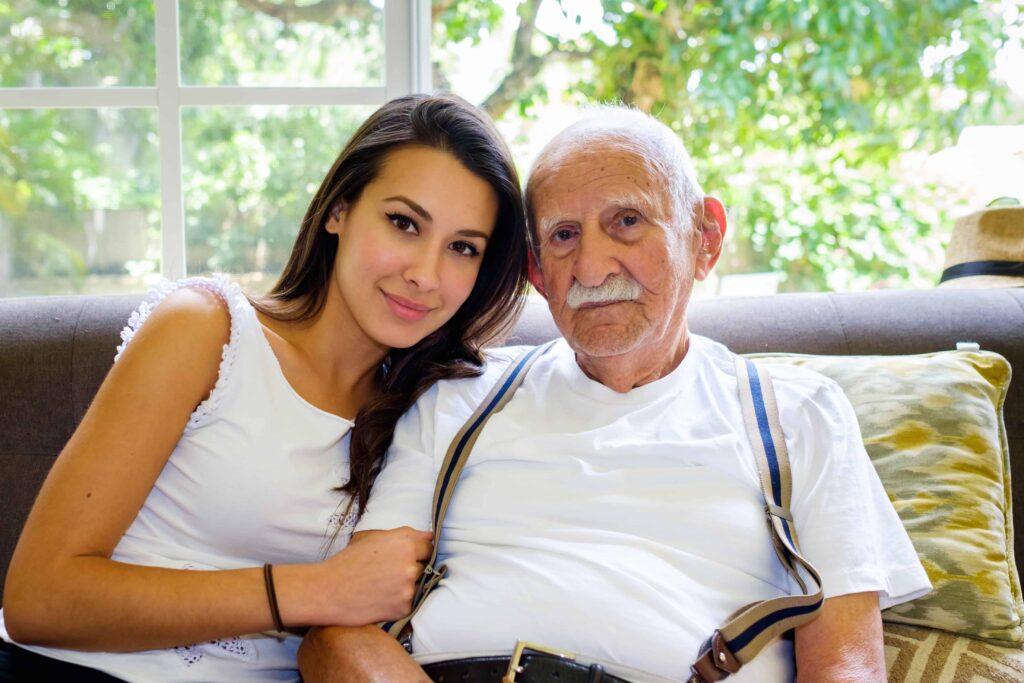
Question:
“I am presently living in Riverside County without legal papers. A friend told me that I am really a U.S. citizen because my father’s mother was a U.S. citizen. Is this true?”
(Submitted by Hortencia V., Murrieta, CA)
Answer:
Yes, it is possible you may be a U.S. citizen.
This is a very rare type of case. A lot of work will be needed to figure out if you qualify.
Unlike other countries which have ancestry visas, the U.S. has no simple path to claiming citizenship through a grandparent.
In the early stages of my first interviews with clients, I ask about their family tree.
Even though they tell me that their parents were not U.S. citizens or even lived in the United States, I ask about their grandparents. Many clients give me a puzzled look.
They reason that if their parents were not U.S. citizens, neither were their grandparents.
Not so fast.
As your inquiry about your father’s mother legal status shows, the issue of citizenship can be tricky in these types of situation.
So let’s get started.
In particular, when and how you – and your father – learned about your grandmother’s citizenship is one of several crucial issues you’ll need to figure out.
This is a complicated area of law.
The rules are very technical. For instance, depending on your birth date and your father’s birth date, there are probably different rules for each of you.
In addition, your grandmother’s residency dates in the United States and your country of origin could be determinative factors.
The issue of citizenship through grandparents falls under an area of law known as “acquisition of citizenship”.
These rules begin with births before May 24, 1934. They were modified several times, effective for births between:
- May 24, 1934 and January 14, 1941
- January 14, 1941 and December 24, 1952
- December 24, 1952 and November 14, 1986
And for births after November 14, 1986.
Usually, obtaining the evidence in these cases are like figuring out puzzles within puzzles.
Because they involve information that reached back 50 to 100 years ago, the search for relevant materials requires following clues gathered from a variety of government and family sources.
In essence, these cases are a search to prove entitlement to lawful U.S. status after an entire generation has not claimed its entitlement to citizenship.
These are the types of issues where the help of an experienced citizenship and naturalization attorney is usually necessary.
Constructive Retention Of Citizenship
What your friend was talking about is called the Doctrine of Constructive Retention.
The concept is based on unawareness.
Here’s how it works.
Let’s suppose your father was born and raised outside the United States. As a result, he was not aware he acquired U.S. citizenship through his mother. So he did not attempt to fulfill the requirements before his 18th birthday to prove his citizenship.
If he had known back then, it’s likely he would have taken steps to claim his citizenship.
In this type of situation, it is possible he could claim citizenship.
(However, if he had known, and he took no affirmative steps, that would also likely destroy your efforts.)
Now, you have to prove the same for yourself.
And because the rules for citizenship changed quite frequently, the rules for passing on citizenship from your grandparent to your parent may be vastly different than passing on citizenship from your parent to you.
The Path To Citizenship Under The Doctrine Of Double Constructive Retention
This is called Double Constructive Retention.
In one way, it should be a little easier for you to prove lack of knowledge about your own citizenship status.
If your father did not know he could have claimed citizenship, how would you have known?
Further, in the early part of the 1900s, the rules for citizenship changed quite frequently, causing confusion even for those with a vague knowledge of potential citizenship rights.
As a result, the two prongs of the analysis in your case normally vary greatly.
The rules for passing on citizenship from your grandparent to your parent will be vastly different than passing on citizenship from your parent to you.
In summary, trying to prove citizenship through a grandparent is something you should not handle by yourself – especially with so much at stake.
Although the rules seem clear, approval of such cases are extremely rare.
If you have an ongoing case right now, and you have immediate case-specific questions, you may want to visit our Citizenship And Naturalization Attorney Services page for more information.
Or you might want to schedule a 1-On-1 Personalized Strategy And Planning Session to discuss the ins and outs of your case in depth.





